Every morning in today’s India begins with two parallel news cycles. One, broadcast on television screens, is carefully curated: Panel debates on Pakistan, Hindu pride, and endless theatre about a “new India”. The other, untelevised but deeply real, is the daily routine of Muslims being lynched, harassed, jailed, and demonised. Between the two, the message is chilling: Muslim suffering is either erased or turned into a spectacle, consumed like evening entertainment for the majority, while Muslims themselves are forced to live as if they are perpetual criminals, always accused, and never heard.
Take the killing of a seven-year-old Muslim boy in Azamgarh this September. His body, stuffed into a bag, was discovered with chilling indifference by neighbours who were later arrested. For a fleeting moment, local reports carried the story, but it quickly disappeared from prime-time television, replaced by fiery debates on “love jihad”, border tensions, or the India-Pakistan cricket match. A Muslim child’s death did not fit the script of national outrage. Instead, it became part of the silent archive of normalised violence. Sociologist Stanley Cohen once wrote about “states of denial”: Societies in which atrocities are not hidden but absorbed so routinely that they no longer shock. That is India today: Muslim killings happen in daylight, but the majority sees them as background noise.
At the same time, hate is not just silence; it is a performance. When Muslims in Kanpur raised placards saying “I love Muhammad”, the police responded not with protection but with FIRs against 1,300 Muslims and mass arrests. The act of love itself was criminalised. Yet when Hindutva mobs gather in Maharashtra or Madhya Pradesh, chanting open calls for genocide, television crews either glorify them or quietly look away. Violence against Muslims has become a kind of theatre, a script where Muslims are always on trial, and Hindutva forces play the role of guardians of civilisation.
This selective visibility is deliberate. The rise of “jihadi-mukt bazaars” in Indore, where Muslim traders were expelled overnight, is an economic lynching. Entire families lost their livelihoods, children were pulled out of school, and women were left to beg neighbours for food. Yet national media framed it as a “law and order adjustment”, barely noting the human cost. Hindutva groups celebrated on social media, turning the dispossession of Muslims into viral entertainment. What should have been a national scandal was packaged as routine “local tension”.
Chief Minister Yogi Adityanath embodies this culture of spectacle. From his official stage, he spews venom against Muslims, calling them “infiltrators” and “terror sympathisers”. These are not fringe voices; they are the ruling elite. And yet, the so-called opposition parties respond not with outrage but with their own diluted versions of Hindutva, competing to prove who can appear more “pro-Hindu” while Muslim fears are silenced. This bipartisan consensus has made it clear: Muslims are not political subjects in India any more; they are political props.
The toll of this is more than physical; it is psychological and existential. To live as a Muslim today is to live as a permanent suspect – watched in the mosque, judged in the market, doubted in the classroom. Every Friday prayer feels like a risk. Every loudspeaker call of the azaan feels like a provocation to some, even though it is the heartbeat of a community. The Urdu poet Sahir Ludhianvi once wrote, “jinhe naaz hai Hind par, woh kahan hain?” (“Where are those proud of India now?”). The question echoes today: If this is India’s greatness, why does it demand Muslim humiliation every day as proof?
The Ugandan-born Muslim scholar Mahmood Mamdani offers a framework that helps us name this reality. In his famous work Good Muslim, Bad Muslim, he explains how states and societies divide Muslims into two categories: The “acceptable” one who submits quietly, and the “dangerous” one who resists or even asserts dignity. In India, this division is weaponised daily. The Muslim who hides his faith, who stays invisible, is tolerated. But the Muslim who affirms his identity – who says “I love Muhammad” in public, who asks for equal rights, who resists erasure – is instantly cast as mujrim, the criminal. Mamdani reminds us that this is not about theology, it is about power: Who has the right to define legitimacy, and who must live under suspicion.
This is why lynching videos circulate on WhatsApp like memes, why anchors smirk when peddling conspiracy theories about “Muslim population explosion”, and why mobs laugh after torching shops. Hatred is not just politics any more; it has become collective leisure. When cruelty becomes comedy, when humiliation becomes a prime-time script, the line between democracy and fascism has already collapsed.
History warns us: Societies that turn minority suffering into entertainment do not remain immune from the rot. The silence of German liberals during Nazi rallies, the casual indifference of Americans during the lynching of Black people, and the cheering of Israeli crowds during bombings in Gaza all stand as reminders that entertainment built on hate eventually devours the society itself. India is not exempt.
So I return to the question: Are we Muslims or mujrim? Why must we live on trial every day while killers walk free? Why must our children’s deaths be erased while the state celebrates “Amrit Kaal”? The answer is not just for Muslims to give; it is for India’s majority to decide whether they will continue to watch hate as their favourite serial or finally switch off the screen.
Because the day hate becomes the only form of national entertainment, the credits will not just roll over Muslim corpses. They will roll over the death of the Republic itself. And history will not ask whether you were Hindu or Muslim, right-wing or liberal, it will ask only why a society that prided itself on civilisation turned cruelty into comedy and silence into consent. The question before India’s majority is no longer about tolerance or secularism; it is about whether they can still recognise the human in their neighbour.
If today you clap when the Muslim is punished as mujrim, tomorrow you will wake to find that the very nation you cheered for has turned into your prison, and by then, the laughter of hate will be the only sound left in this Republic.
The views expressed in this article are the author’s own and do not necessarily reflect Al Jazeera’s editorial stance.

 1 month ago
16
1 month ago
16
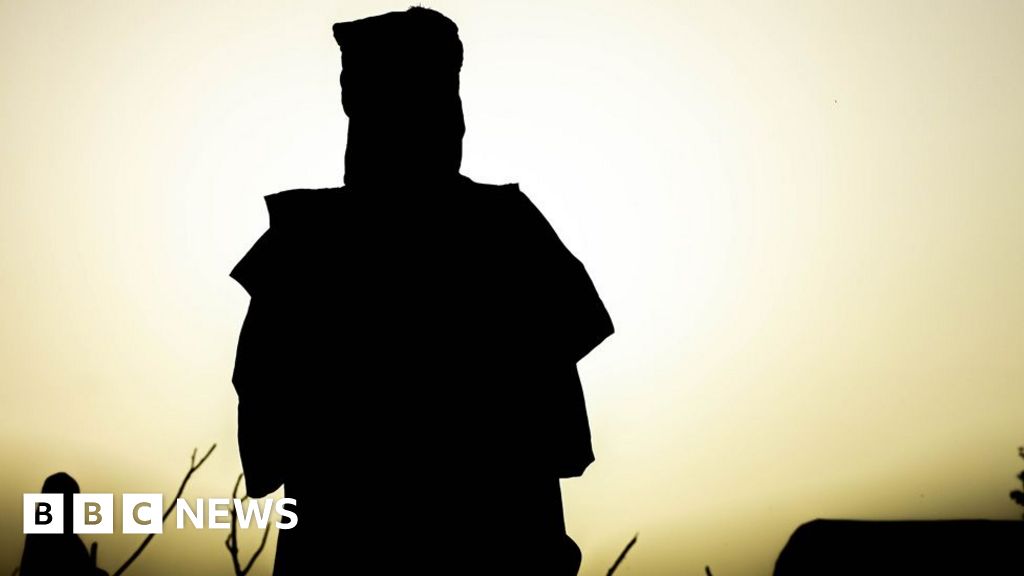
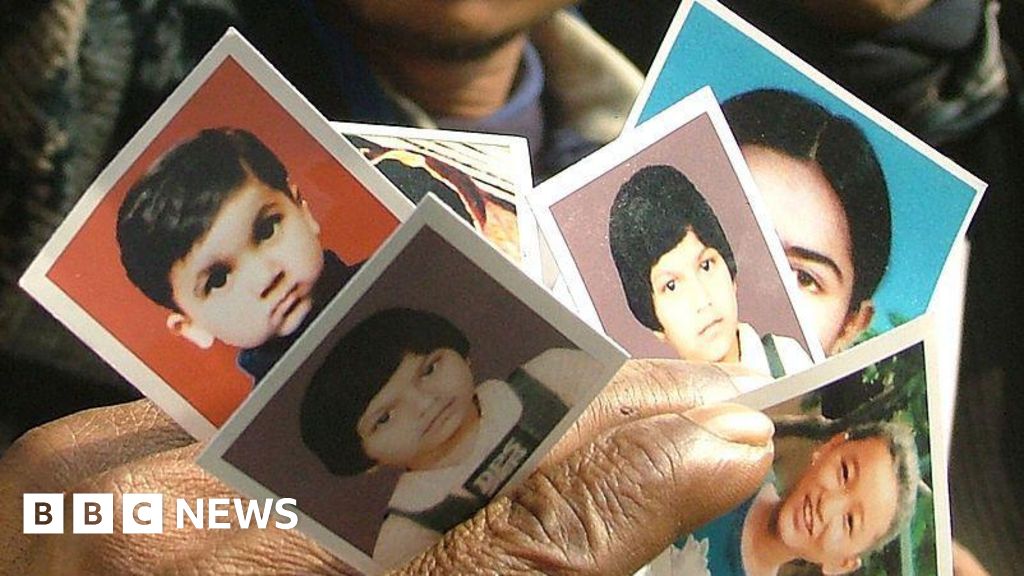

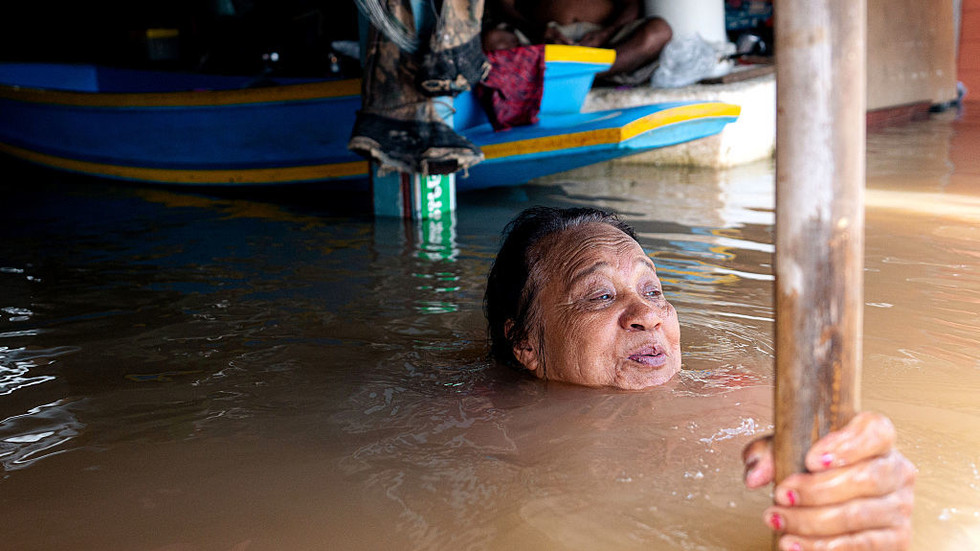


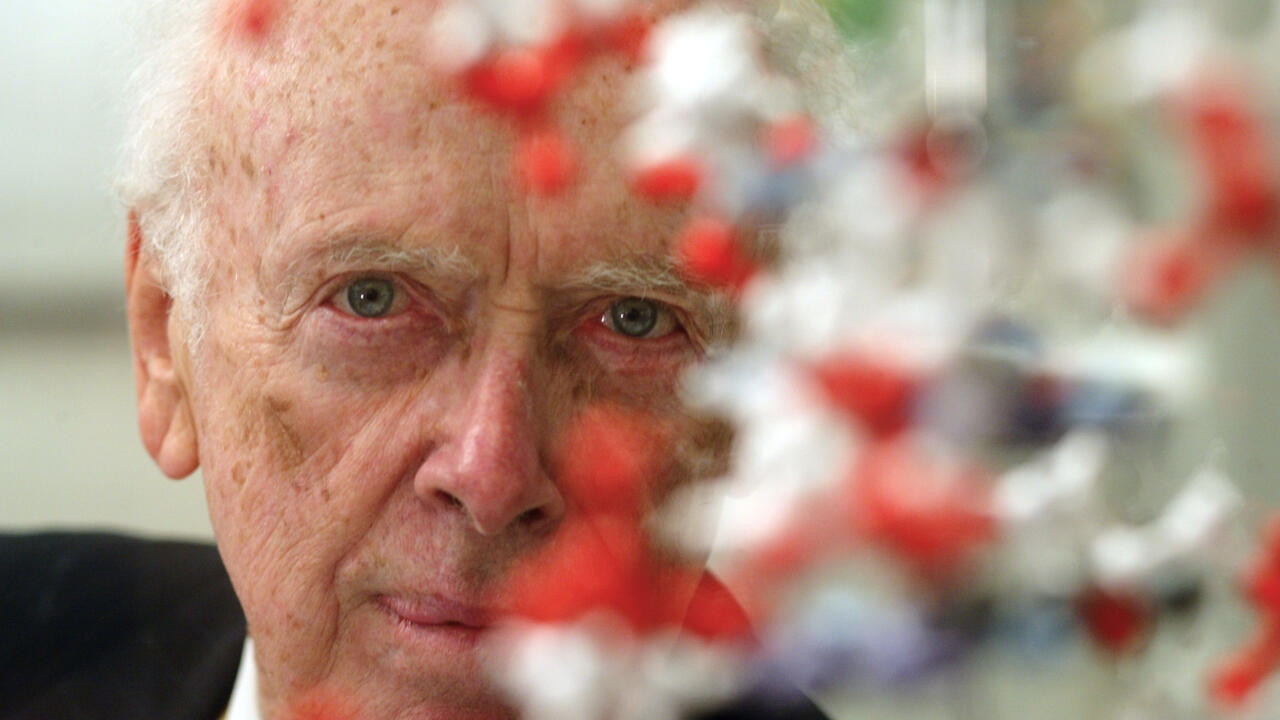
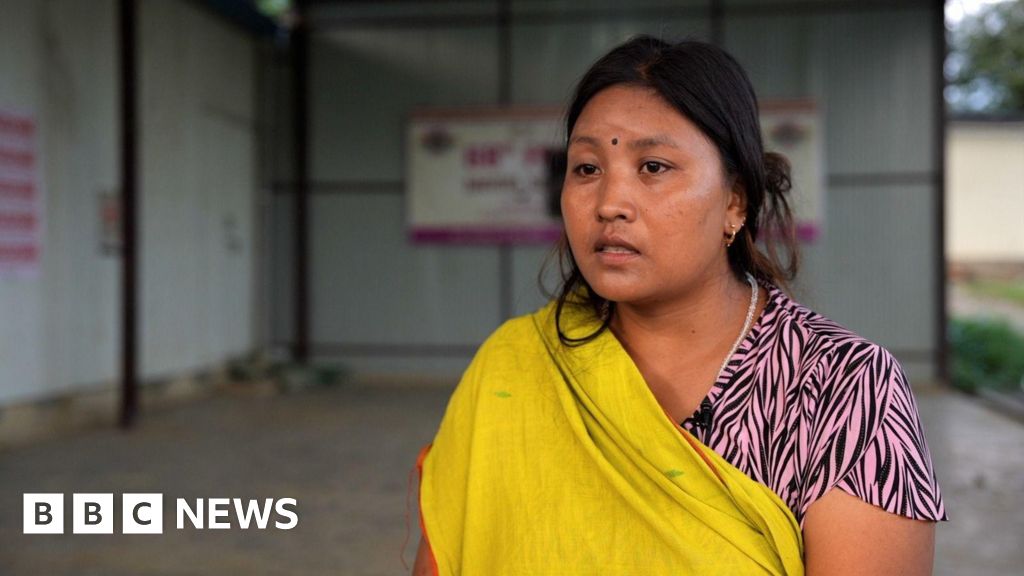


 English (US) ·
English (US) ·